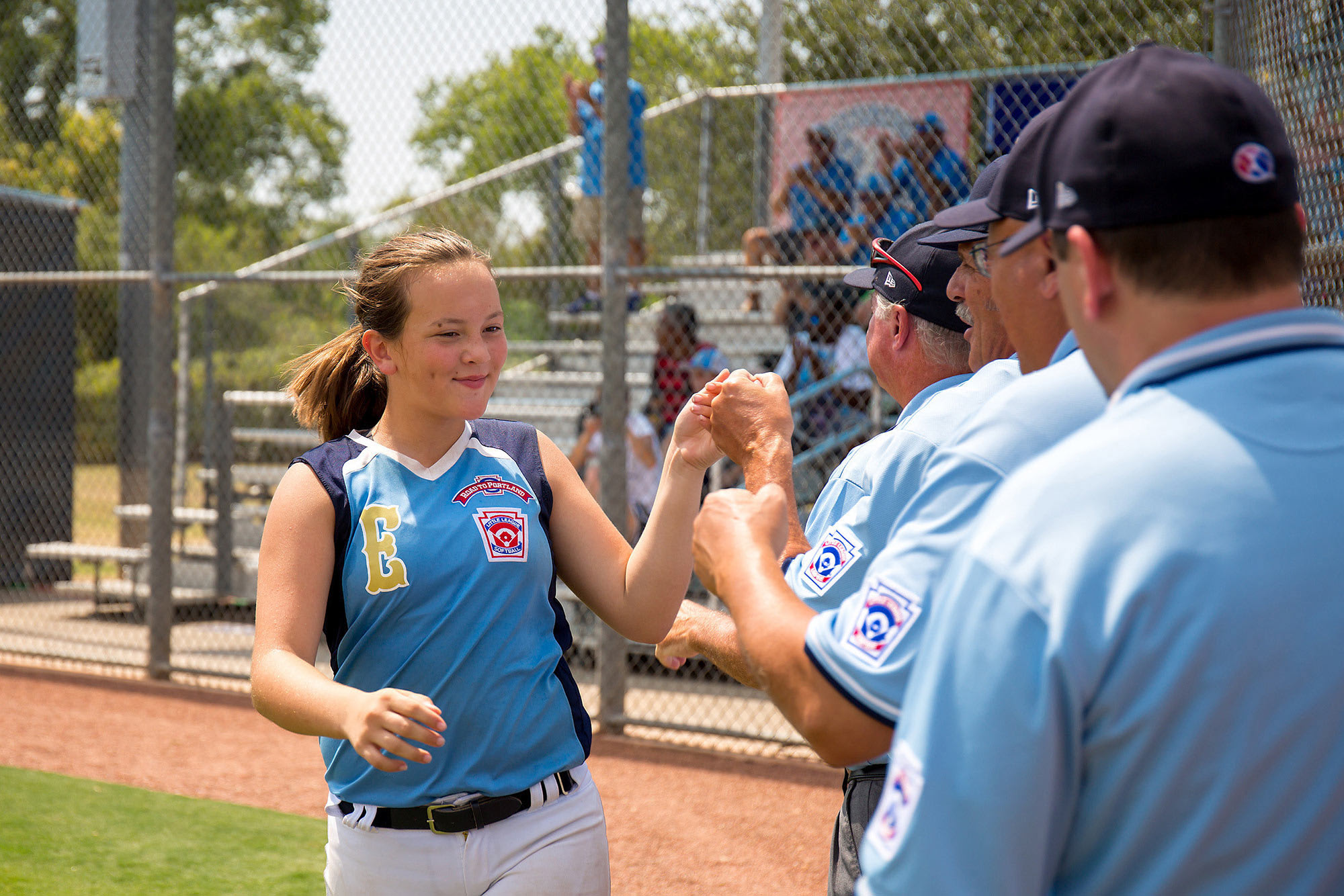
To have Little League® games, you need umpires. To have well-officiated tournament games, you need umpires who are competent, confident, and willing to volunteer.
The motivation to be a volunteer in Little League has changed over the generations and that challenge grows even more when recruiting, training, and retaining umpires.
While discouraged, it’s become an accepted practice among leagues to “hire” umpires to officiate games. It’s becoming difficult for leagues to comprehend how or why an adult is expected to volunteer their time to manage or coach a team; or for league officials to operate the league for free, while an umpire has come to expect payment. Leagues are then needing to find ways to raise more money to pay for umpires, and that burden is all-too-often falling to registration fees that can keep some families from signing up to participate in Little League.
We all know it’s a matter of supply and demand. It is shameful that some Little League programs need to buy someone’s time just to get a body to show up for regular-season games, knowing there is no guarantee that the money will get them a better quality of umpire.
Nonetheless, this arrangement has become part of operating a league or district during the regular season for more and more leagues around the world. However, when the calendar turns to June, and the Little League International Tournament begins, all umpires are required to be “volunteers” again.
The start of tournament season also seems to signal a shrinking of the umpire corps. During the regular season, there are a large percentage of people who will give their time in the moment. When a manager or league official trolls the fence or bleachers for someone to “help on bases” for a game that is about to begin, there is often at least one person who feels a sense of duty and steps up.
Come tournament time, there has been a disturbing trend among umpires because now they’re required to volunteer. Because there is no money attached to the game, an alarming number of competent umpires are removing themselves from consideration.
The other side of this same problem is the shift in social mindset that has closed people off from civil interaction and turned people away from public service.
Being an umpire is supposed to be fun, but there is no substitute for experience and commitment.
Inherent with umpiring tournament games is an added level of responsibility and emphasis on game management. Still, along with understanding and interpreting the rules, umpires must also be personable and respectful to the players, managers, coaches, and other game officials.
Anyone who is trying to do their best is going to experience stress. Being prepared can help to alleviate some of that pressure, but as any umpire will tell you, even the best-called game can still include, “Skippy chirping from the dugout,” and “bleacher umps,” certain they had a better look at a play than you.
Little League Rule 1.01 begins with the statement: Little League is a game … To often managers, coaches, parents, and even umpires, forget that simple fact. Games are played for fun, and in tournament the final score counts, but the memories are everlasting. That said, being a winner has very little to do with having more runs than the other team.
When the tournament schedule comes out, don’t ignore the responsibility, or fall victim to the fear of making a mistake. And certainly, don’t turn your back on the kids because you won’t be able to pocket a few bucks for officiating games.
Your volunteer service is appreciated. It’s expressed in the games getting played, the respectful joy and disappointment in the opposing dugouts following a well-played, competently-umpired contest, or the occasional “nice game, ump” shared by parent or player as you leave the field.
Little League is about engaging in your community; and creating opportunity for children to learn life lessons, then passing along those lessons. Each tournament game involves a collection of personalities and instances that mesh in a kaleidoscope of unique moments.
It’s been established through the years that Little League umpires who are confident, not arrogant; look the part, but aren’t flamboyant; and provide a solid, yet reserved performance, are likely to inspire others to follow. Leading by example is the first, best way for umpires to extend the invitation to the umpiring fraternity.
Answer the call to volunteer. When you do, have a fun and transcending tournament season.
Christopher D. Downs, Little League Baseball Umpire-In-Chief
Christopher D. Downs is a 26-year Little League volunteer and Little League Director of Constituent Communications. As a Little League volunteer, he has served as a coach, manager, umpire, local league board member, and District staffer. Prior to the 2019 season, he was named district Umpire-In-Chief.